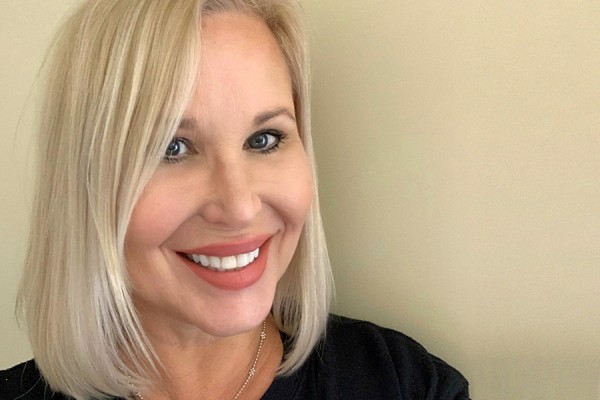 Windsor law grad Martina Dwyer returned to the nursing profession to serve on the frontlines of the COVID-19 pandemic.
Windsor law grad Martina Dwyer returned to the nursing profession to serve on the frontlines of the COVID-19 pandemic.
When Martina Dwyer (JD 2011) pursues something, her passion shines through. Upon learning of the shortage of public health nurses due to COVID-19, she made the decision to temporarily leave her law practice in Hamilton to make an impact on the frontlines of the pandemic in Northern Ontario.
Commissioned by Indigenous Services Canada, Dwyer was assigned to the nursing station in Keewaywin First Nation, an Oji-Cree First Nation and one of the northernmost communities in the province. During her four-week appointment, her duties include COVID-19 preparation and screening within the community.
She is using her education and experience to help keep the community safe and ensure it can both protect itself from the first wave of this virus and prepare itself for the inevitable second wave as well.
“Not only do I have an immense feeling of self-satisfaction to help this community, but I am also humbled by the invaluable learning experience I am receiving about Indigenous Peoples in Northern Ontario, their culture, their challenges and their resilience,” says Dwyer.
Although she didn’t know it at the time of the COVID-19 outbreak, she was perfectly positioned to assist when the need was greatest. As the courts suspended much of their operations due to the pandemic, she found herself with more time to act.
During her temporary leave from her law practice, Dwyer has entrusted its day-to-day operations to her daughter, Julianne Fogarty — also a lawyer and University of Windsor alum, obtaining her Bachelor of Science in 2014.
This is the second in a series of stories by Windsor Law on how its grads are helping their communities amid COVID-19. Read the entire article, written by alumni and fund development co-ordinator Karen Momotiuk Chapman, on the Faculty of Law website.
